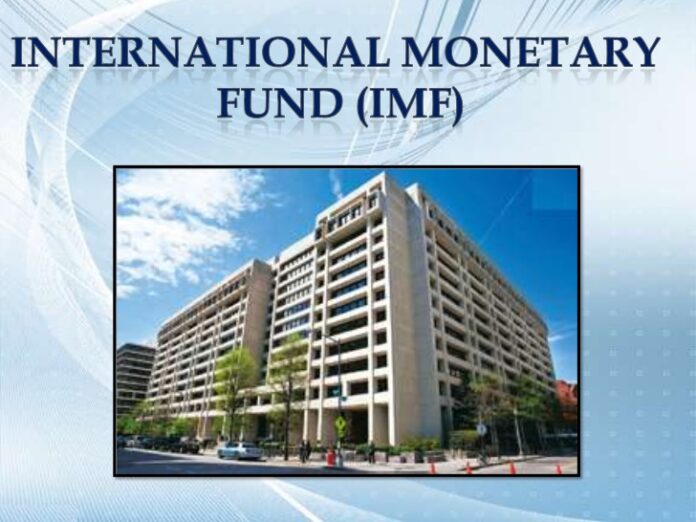IMF urges Nigeria to adopt trade policy certainty, an engine of growth
By Jeph Ajobaju, Chief Copy Editor
Uncertainty of trade policy reduces investment and economic output and raises unemployment rate in Nigeria and other indebted emerging economies, the International Monetary Fund (IMF) has reiterated.
The IMF examined in a blog post the potential consequences of dissolving global trade links, saying even without actual restrictions, trade policy uncertainty can worsen economic activity.
This, it added, causes firms to pause hiring and investment and new firms may postpone entry into a market.
It highlighted the implications of a trade policy shock even though not everyone is equally vulnerable.
“Our analysis shows that a typical shock to trade policy uncertainty, like the 2018 buildup of US-China tensions, reduces investment by about 3.5% after two years,” the IMF said.
“It also decreases gross domestic product by 0.4% and raises the unemployment rate by 1 percentage point. Not everyone is equally vulnerable, however.
“The effects on investment are even larger for emerging markets and more open economies, and firms with high debt.
“Corporate debt has increased significantly in Asia since the global financial crisis – spiking further in the wake of the pandemic – suggesting that higher trade policy uncertainty could prove to be especially damaging for the region.”
__________________________________________________________________
Related articles:
IMF warns Nigeria, other SSA countries are in a tight economic end
IMF warns of flood worsening food insecurity, stoking food prices
Renewable energy to yield $78tr global profit, says IMF
__________________________________________________________________
Resolving underlying sources of tensions
The IMF advised policymakers to avoid adverse effects and ensure trade remains an engine of growth, per reporting by Nairametrics.
“Rolling back damaging trade restrictions and reducing uncertainty via clear communication of policy objectives should be a priority.
“Complementing regional agreements with reforms at the multilateral level, while also restoring a fully functional World Trade Organisation dispute settlement system cannot only mitigate potential negative impacts of discriminatory policies on other trading partners but also help resolve some of the underlying sources of tensions.”













